THIS POST HAS NOW HAD A BIG UPDATE! PLEASE SEE MY OCTOBER 2025 POST FOR DETAILS!
Not long ago I talked to Hazel Davidson, about her new EAL resource from Sugarbag on Damper, The Sea, in the sea, on the sea, at the seaside. I wanted to do a list of beach safety resources, discovered that AusELT already had one on their site, and let the thought lapse until I saw a recent tragic drowning story… well, I think we’re all aware that the CaLD population is particularly vulnerable and over-represented in the statistics.
It’s a huge area of settlement awareness; as well as those new arrivals who’ve never seen the sea, I think of those who can swim perfectly well in a pool or tranquil bay, but have never swum in surf or encountered rips or ‘dumpers’ (my own experience when I arrived in Australia), or have fished from rocks, but never in an area with king waves…
I know that you’ll likely be calling on your local Surf Lifesaving organisation for help (and please see Natalie Nawrocki’s comment on the great support available from Lifesaving Victoria!), but here are a few more resources to support your Beach Safety (or Water Safety) discussions; please let me know of others you are using!
Reading resources
- The Sea, in the sea, on the sea, at the seaside: three level reader and workbook
- TELLS Water Safety series: beginner readers with student workbook
- Safety at the Beach
- Safety at the Pool
- Safety when Fishing
- Safety around Waterways
- Fun and entertaining PRACE readers (Pageturners) include:
- The Beach (an accidental visit to a nude beach)
- I hate the beach (but I like the lifesavers!)
- I want a holiday (women never get a break)
- The Hero (he saves a little girl)
- Learning to Swim (as an adult)
Teaching resources and workbooks
- UPDATE: new AMES Beach Safety resource from Navitas
- Free Beach Safety resources from AMES NSW
- MOOEC has a Safety at the Beach section based on the TELLS reader
- If you work in AMEP, you should have the Get Wise youth focus materials: Your Time Out (part 1) is about The Beach – there are also teacher notes (though I don’t know how to get the video and audio if you don’t already have it)
- AusELT has a link to the Smith Family resource on Beach Safety
Websites with a CaLD component
- I think everyone knows the Beachsafe website (and app!): a fabulous reading resource for checking location, temperature, rips, parking, is the beach patrolled? Lots of reading for information here, even for learners who aren’t planning a trip to the beach. The multilingual section has short videos in Arabic, Hindi, Korean, Japanese, Malay, Traditional and Simplified Chinese. The videos on How to Spot a Rip Current and How to survive a Rip Current are English only, but really visual and clear.
Apps
- Royal Lifesaving has a heap of information (but not all super-accessible) and programs for children.
- There’s a free app for children, where they take on the role of a lifesaver, called Safety Beach
- Another Everyday Lifesaver app is from Lifesaving Victoria
Brochures and booklets
- Not quite ‘beach’ but a related topic, with translations of this Stay Safe in the Heat brochure in a host of languages.
News articles
As well as the tragedies, there are some ‘good news’ stories, such as:
- West Beach Surf Lifesaving program breaking down cultural barriers
- Surf Lifesaving Australia wins diversity challenge
- SBS Settlement Guide: Staying Water-Safe in Australia gives good advice covering rips, rock fishing and river swimming. (Thanks, AusELT!)
Discussion topics
- Rules of the beach, what the signs mean, UV warnings etc,
- Cultural surprises around Aussie beaches: the camaraderie of dog beaches, the disconcerting moment on your walk when you reach a ‘clothing optional’ beach, the general lack of deckchairs for hire or of wandering icecream sellers (here in WA, at any rate).
- Expectations that ‘everyone can swim’: where to find adult swimming classes, men only and women only classes
- Fishing – rules, bag limits (and penalties – see your local Fisheries site) dangers when fishing from rocks (a big issue here in WA),
Text types
- Lots of reading for information, of course: as well as beach safety there’s plenty on weather, tides, winds, rips
- Reading news articles (though too many are quite distressing, with drowning stories)
- Giving instructions: your own water safety tips
- Numeracy: state-based fisheries sites are great for measurement and number (bag and size limits)
- Complex exchanges: how to say ‘I want to wear a life jacket’ when friends ask you out in their dinghy…
- Recounts of ‘I was lucky’
Beach safety and Pre-Employment English?
What about for teachers in a pre-employment focus class? Beach safety could be linked to the workplace:
- First aid and sun safety are key workplace issues
- Lifesavers are volunteers, linking to discussion on the role of volunteering in Australian culture and job-seeking http://dl.nfsa.gov.au/module/548/
- There are many jobs by the water: working on a ferry, with the local council, at a hotel or beachside café, at the pool
- Staff room chat often turns to weekend activities: water sports, fishing, the beach…
- You might catch a ferry to work, have the workplace party on a boat, go out fishing on a workmate’s boat, or off the rocks – what if you can’t swim?
Other thoughts? Please send me links to any further ideas or resources! (And please read Natalie’s comment below on presentations to adult classes…)


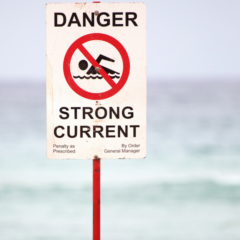
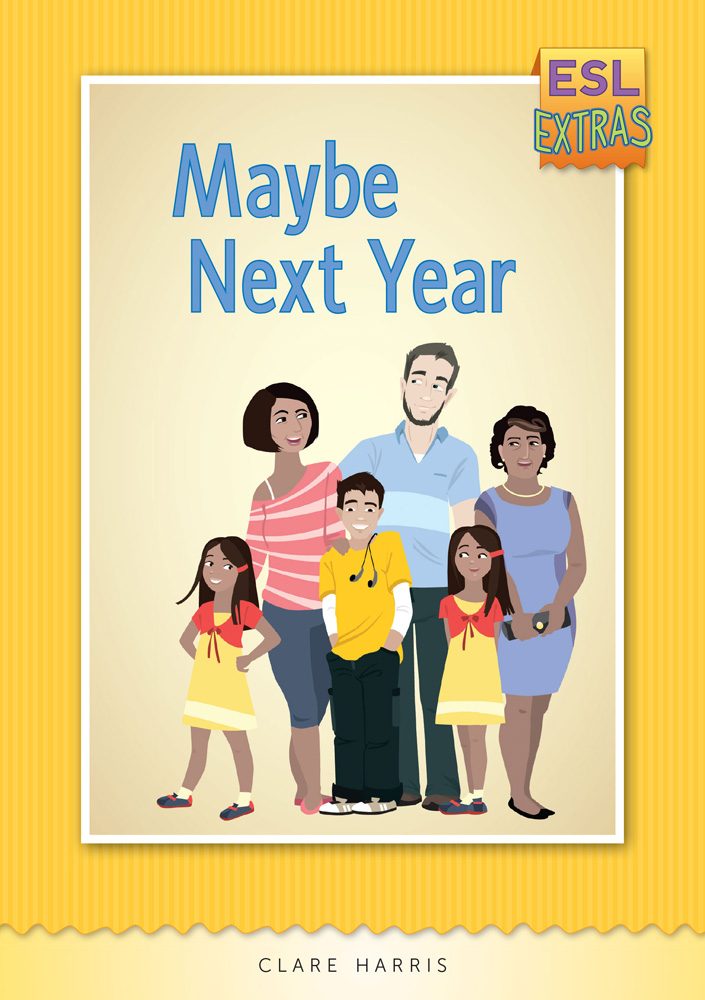
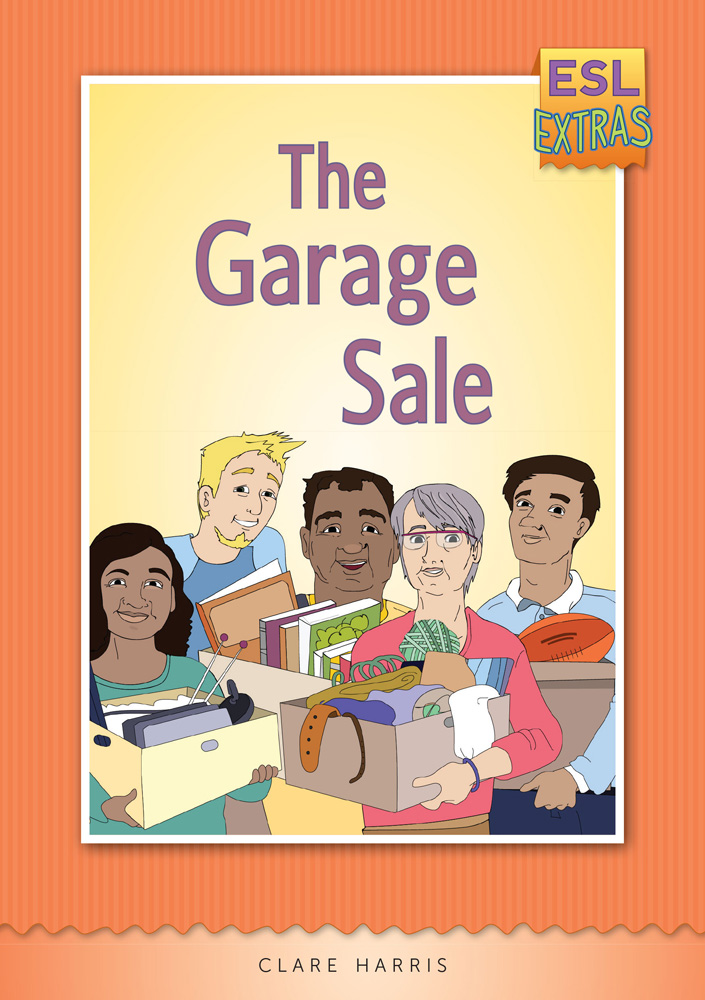
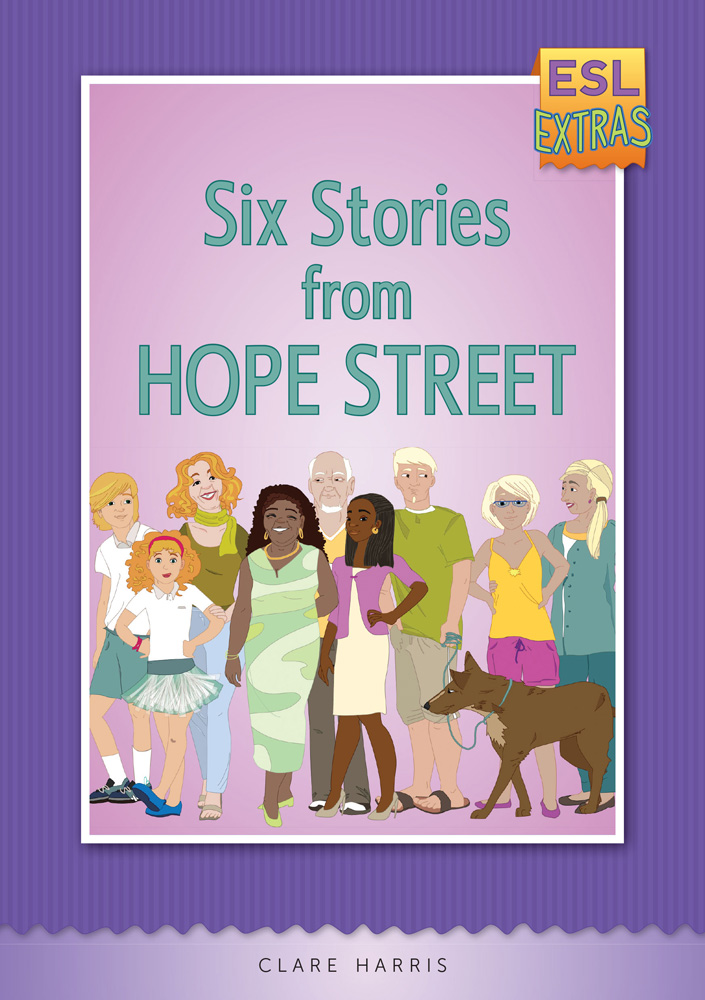
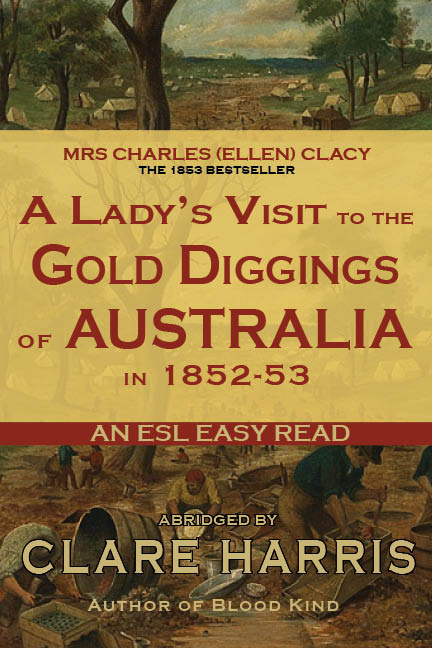

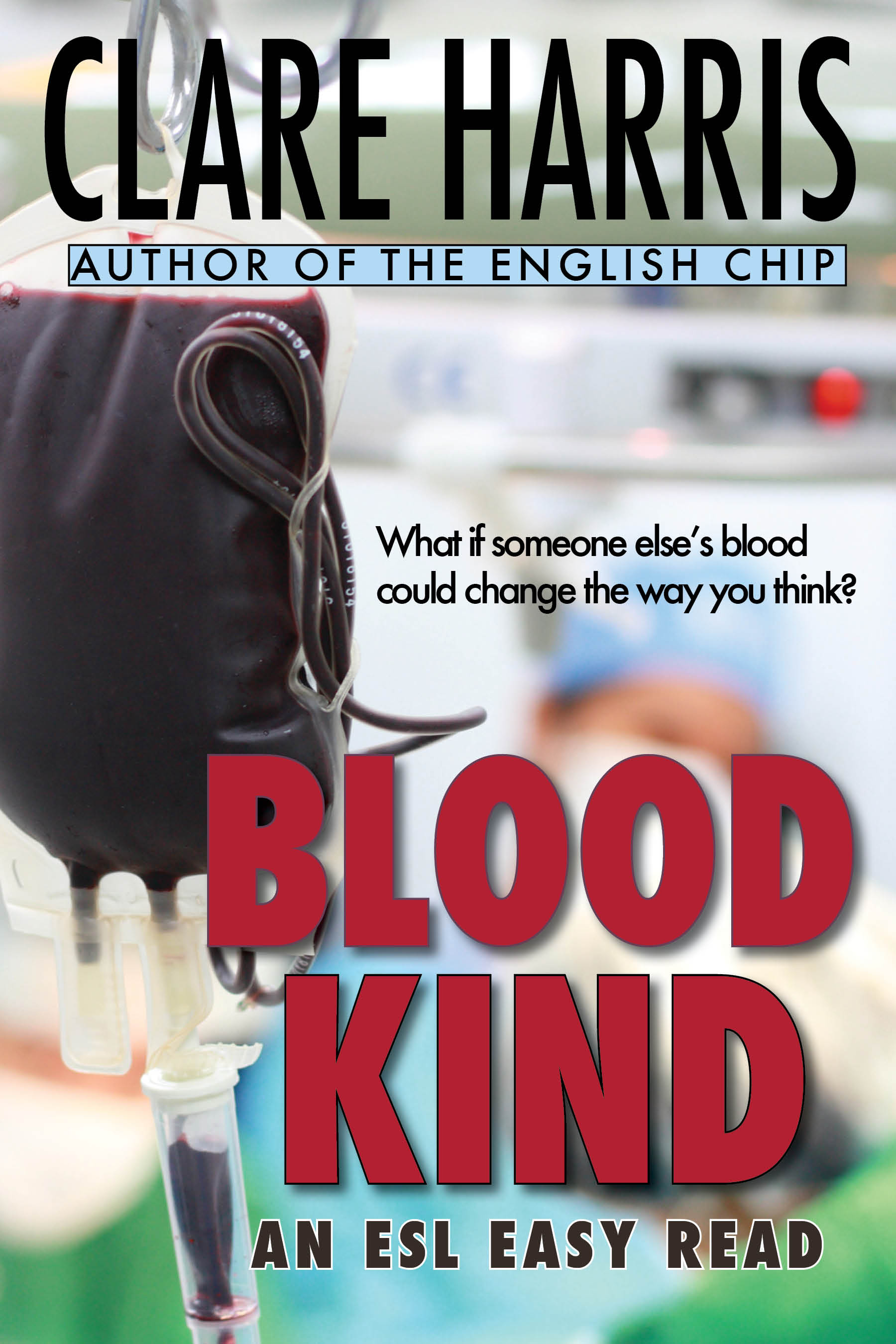

2 responses to Beach Safety: the ESOL resource list
Hi Clare,
Thanks for all of your resources. That would have taken ages to collect.
In Melbourne Life saving Victoria provides presentations to adult classes and they are excellent and very suitable to low level classes.
My contact there is Blair Morton [Blair.Morton@lsv.com.au]
He is the
He is the Multicultural Project Coordinator. A request to book a presentation can be made via an email. They go for about 50 minutes. It’s always a good idea to do some pre-teaching of the vocabulary.
Multicultural Services
Tel: 03 9676 6921 | Mobile: 0448 048 375
http://www.lsv.com.au
Life Saving Victoria
200 The Boulevard,
Port Melbourne, 3207
Tel: 03 9676 6900 Fax: 03 9681 8211
Oh, thanks for that, Natalie – I will note that in the post! Fab!!
Comments are closed.